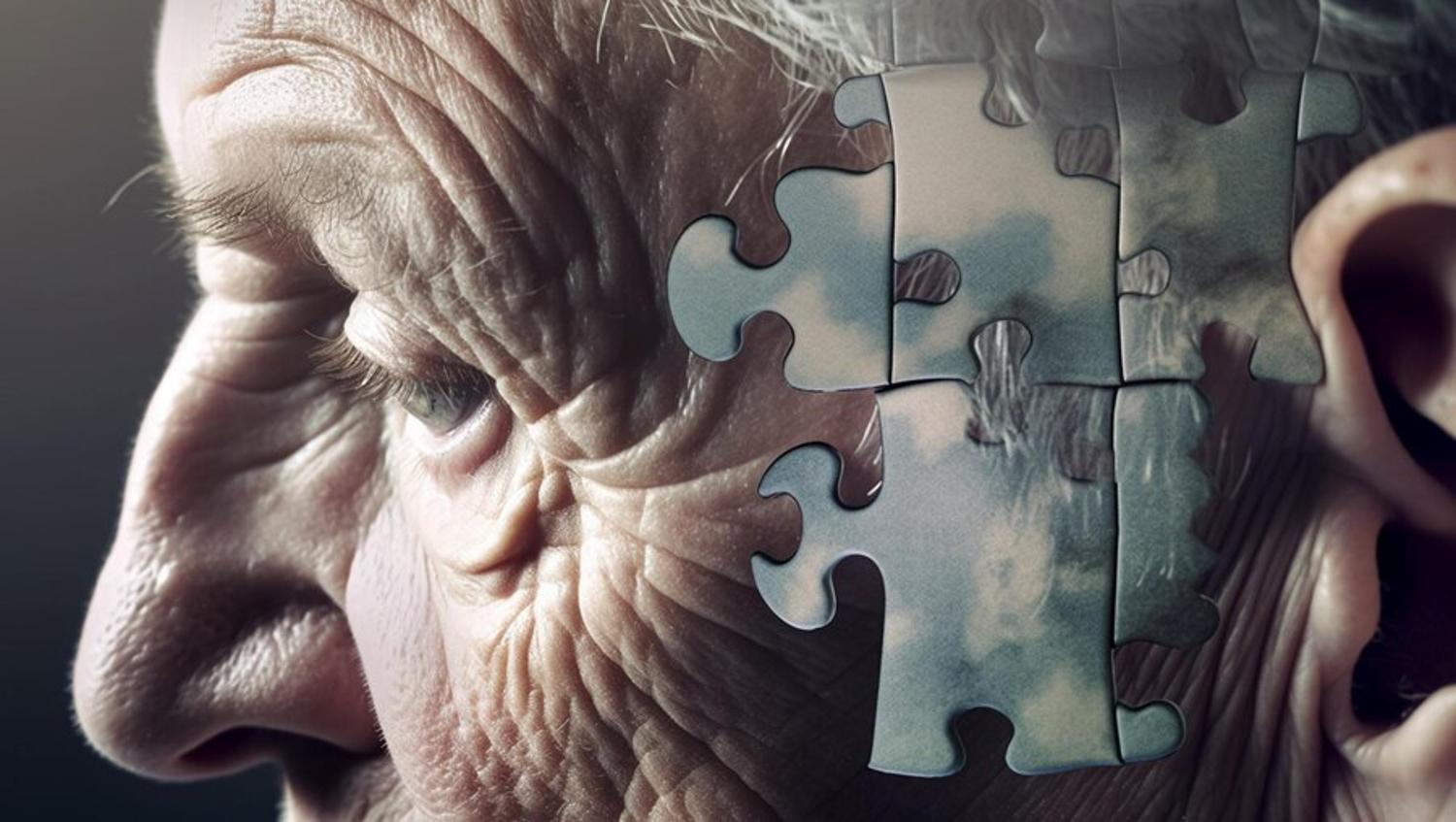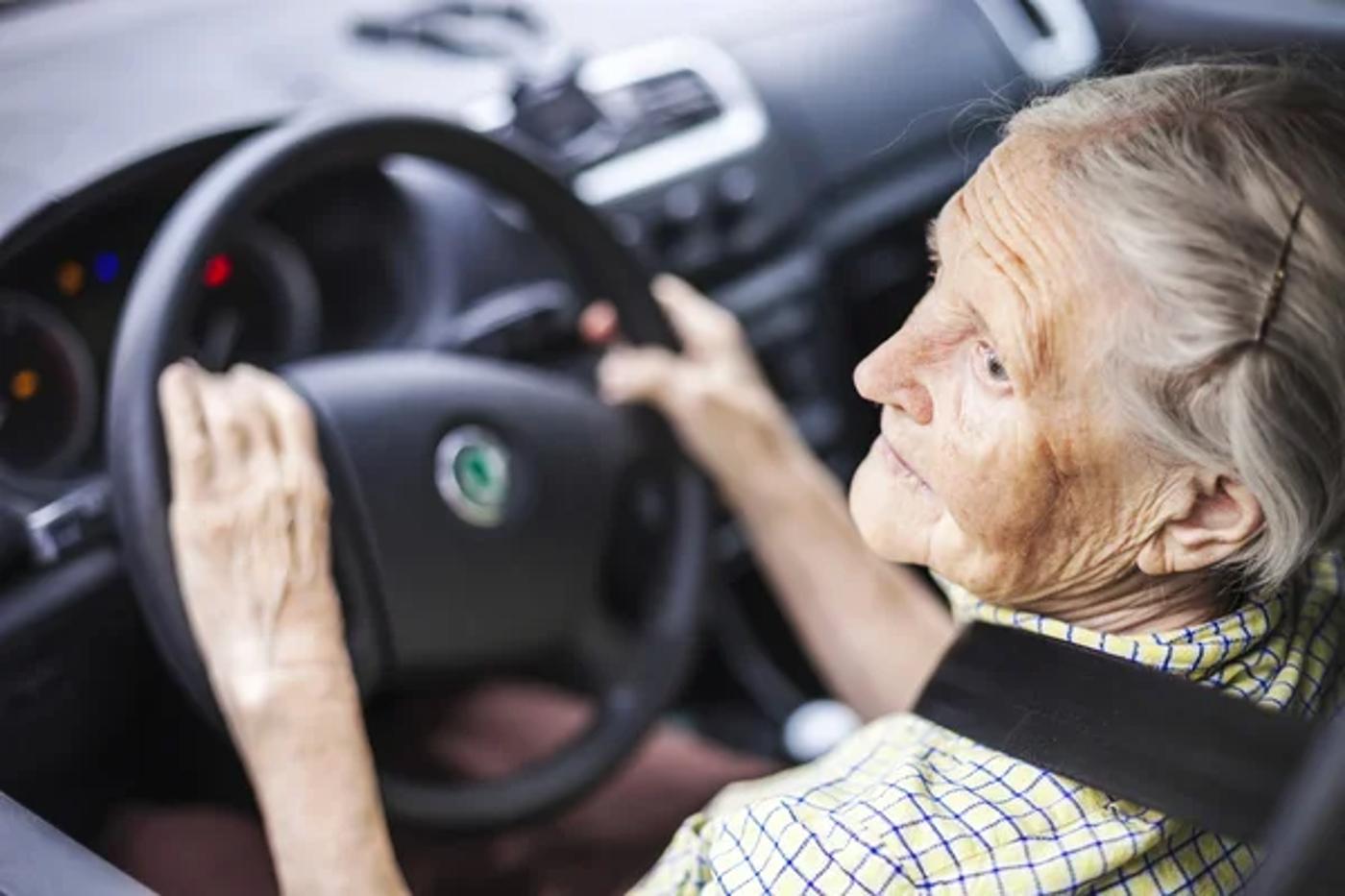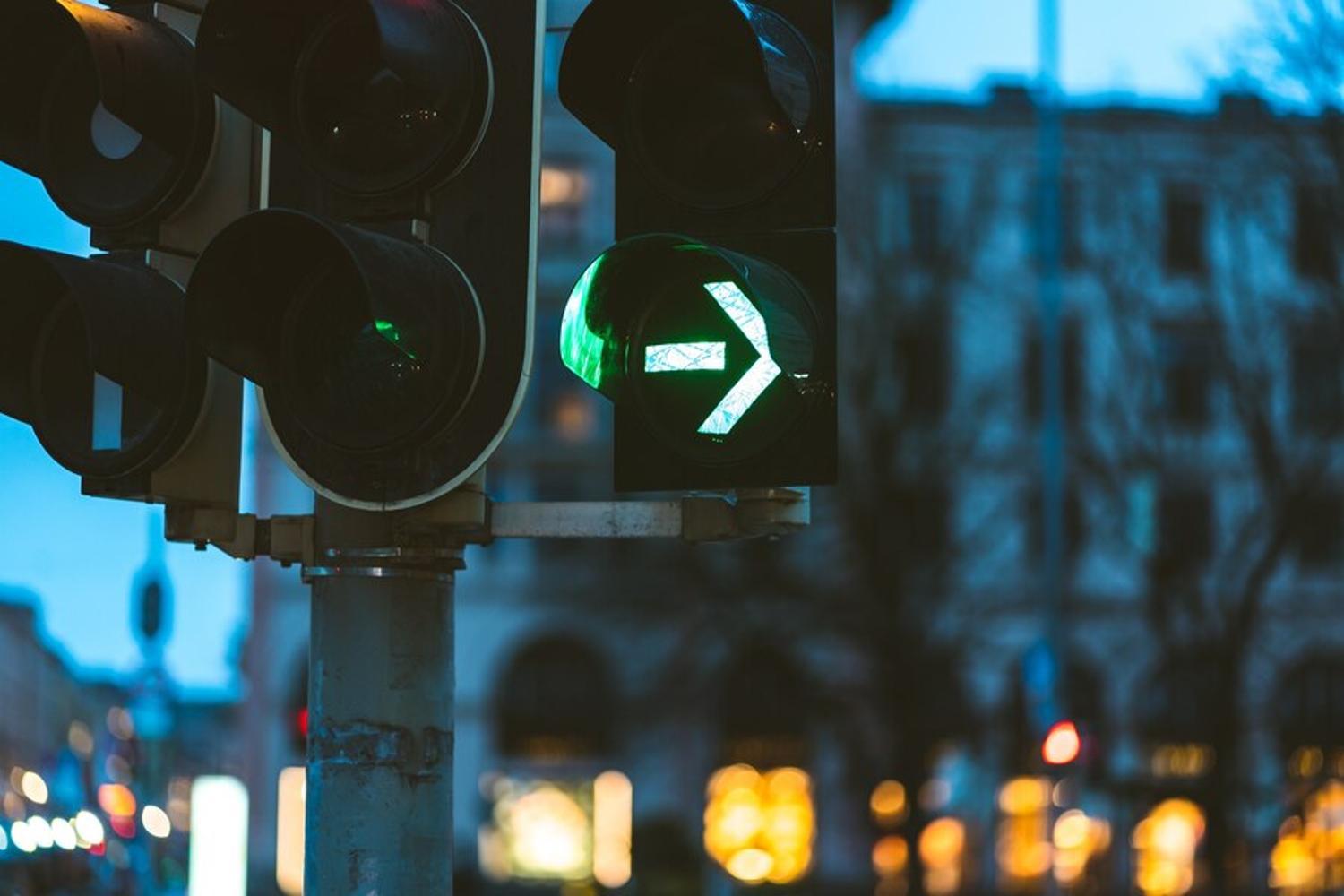The National Institute of Health reports that 13.9% of Americans over the age of 71 are living with some form of dementia, which is nearly seven million people.
The degenerative brain condition makes it challenging for people to perform everyday tasks, including driving. However, doctors have reported that there are actually five signs that people can look out for when their elderly loved one is driving to find out if they are even starting to develop dementia.
What Is Dementia?

Before diving into the five red flags to look for in a person’s driving to determine if they are developing dementia, it’s first important to understand what this condition actually is. Dementia is the general term for brain deterioration that leads to the loss of memory, language, and problem-solving.
Alzheimer’s is a common kind of dementia, but it’s not the only one. People can also develop vascular dementia, frontotemporal dementia, and dementia with Lewy Bodies. Although it’s most common in the elderly, some young people can experience early-onset dementia.
Early Signs of Dementia

According to Dr. Adam Moreton, a consultant psychiatrist at Pall Mall Medical, there are a few signs loved ones of the elderly should look out for.
The early signs of dementia include but are not limited to memory loss, difficulty concentrating, struggling to follow conversations or find the right word, confusion regarding times or places, mood changes, and agonizing over everyday tasks.
The Five Signs of Dementia When Driving

Specifically, Dr. Moreton explained that one of the best ways to determine whether an elderly family member or friend is in the early stages of dementia is to watch them closely as they drive.
In fact, he explained that there are five red flags that almost certainly mean someone is developing dementia. The first, Dr. Morten said, is impaired decision-making – in other words, if the driver struggles to make quick and correct choices while driving.
Slow Reaction Times May Be an Early Sign of Dementia

The second sign that a senior citizen may be in the early stages of dementia is if they have slow reaction times when driving.
Of course, in this case, you need to know what their reaction times usually are as everyone moves at a different speed. But if you notice that your loved one is reacting more slowly than they used to, that could certainly be a sign.
Can Your Elderly Loved One Handle Reading Directions?

Similarly, if someone previously understood basic directions, could read a map, or follow instructions from a GPS but is now struggling to do so, that could be a sign of dementia.
Even more so, if a person can’t remember the directions to get home or to a frequently visited location, that would almost certainly be an early sign of cognitive decline.
Reduced Spatial Awareness Is a Red Flag

If the driver is getting extremely close to other cars, the curb, the median, or any other roadway obstruction, it may be a sign that they are losing their spatial awareness.
Dr. Moreton said that reduced spatial awareness is undoubtedly an early sign of some kind of dementia, and if the driver previously had impressive spatial awareness, it could be a real cause for concern.
Elderly Drivers With Dementia Will Struggle to Understand Traffic Signals

Elderly drivers who can’t seem to understand traffic signals may also be developing dementia.
From stop signs to traffic lights, yield signs, and even other driver’s blinkers, if your loved one can’t understand what they are supposed to do based on the visible signal, it could be a sign of trouble.
It’s Time to Reach Out to a Doctor

If your older loved one has shown any one of these five signs while driving, it’s time to reach out to their doctor. Dr. Moreton said, “If you suspect that you or a loved one has dementia, it’s important to speak to a healthcare professional to assess and diagnose the condition.”
He also noted that you should make a list of the perceived symptoms and bring it to the appointment, as “this will help ensure that you can provide as much information as possible during the visit.”
There Are Many Medications to Help Minimize Dementia Symptoms

Fortunately, there are several medications available to those experiencing the side effects of dementia. However, doctors have found that they work much better when prescribed before the disease degenerates the brain beyond repair.
An early diagnosis and immediate medication can help your loved one continue to perform their daily tasks and keep their memory intact for longer, but it will not cure the disease.
There Is Still a Great Deal About Dementia We Don’t Understand

Doctors around the world have been working tirelessly for years to try to find a cure for dementia, but they have yet to do so. They can’t even figure out how to prevent it.
Unfortunately, there is still much we don’t know about these conditions that affect millions of people around the world. Hopefully, by the next generation, we will have more answers, including prevention tactics and even a cure, but for now, the only thing we can do is try our best to catch dementia as early as possible.
When Is It Time to Take Away Your Loved One’s Keys?

Dr. Moreton explained, “Recognising these signs early and addressing the issue is critical to ensure the safety of the person with dementia and other road users. It’s important to note that some individuals with dementia may not recognize their driving difficulties and may resist giving up their driving privileges.”
Therefore, it is often the responsibility of their loved ones to make that challenging decision. Only you, your loved one, and their doctor know when the time has come, but understanding these warning signs will help you make the right decision in the end.








































